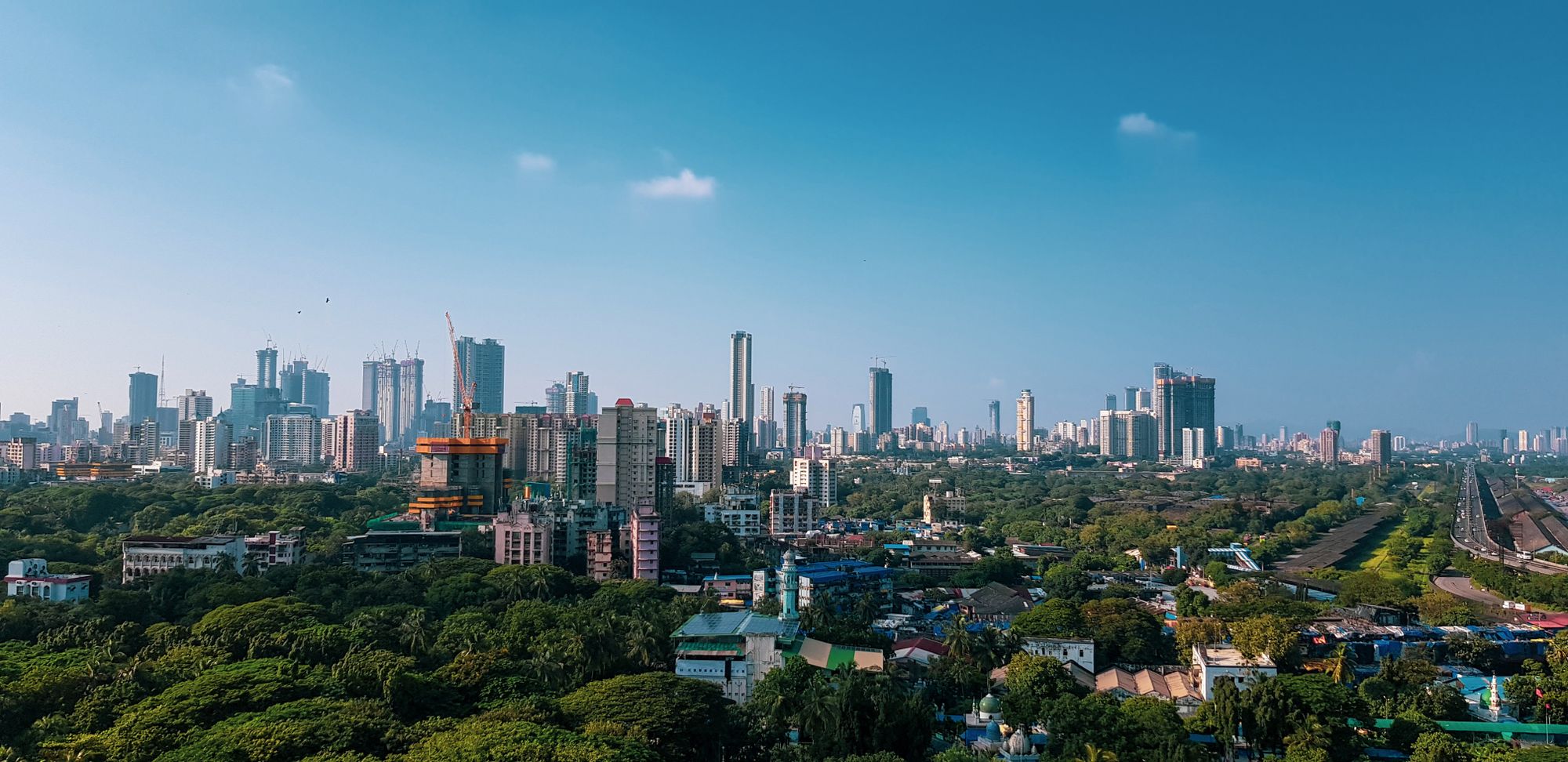Investors Are Rushing To This Tech Heaven
Investors have been directing money into India's stock market, which Goldman Sachs predicts could rise to more than $5 trillion in three years, making it the world's fifth largest.
According to a study published September 19 by the investment bank, Indian start-ups have raised $10 billion in IPOs this year, more than in the previous three years combined. The bank estimates that the pipeline for prospective public offerings will stay strong over the next two years as up to 150 private companies might possibly list.
IPO Boom
A large number of India's top tech start-ups have revealed plans to go public, heralding the start of a new era for the whole ecosystem. Zomato, a food delivery service, became the first of a slew of well-known names to go public. Others in the works include payments behemoth Paytm, ride-hailing startup Ola and e-commerce giant Flipkart.
“Investors recognize the long runway for internet penetration. E-commerce penetration in India is 7% versus 25% in China. Smartphone penetration in India is about 30%, less than half of China’s 60%,” Amit Anand, co-founder of exchange-traded fund company NextFins
According to Vaibhav Agrawal, a partner at Lightspeed Venture Partners, three factors are driving capital inflows into the nation.
- For starters, a notable improvement in India's infrastructure has allowed start-ups to produce more value and scale up their operations more quickly. As an example, he highlighted India's United Payments Interface (UPI), a system developed by the country's primary payments processor, the National Payments Corporation of India, that is used to enable digital financial transactions in the country
- Many firms are profiting from lower manufacturing costs per unit of goods as a result of the coronavirus epidemic, which has pushed a lot of day-to-day consumption online, from food delivery to shopping
- Finally, the slew of IPOs in recent times have attracted more VC funds to the region as exit and liquidity opportunities are improving
Keeping Tech In Check
In recent months, the Indian government has taken a strong line against Big Tech, from combating false news to blocking monopolistic activities. In February, New Delhi proposed broad reforms to make social media firms such as Facebook, WhatsApp and others more responsive to judicial inquiries.
- They would be obliged to remove information deemed "illegal" by the government, while messaging service providers would be compelled to identify the original posters of some messages — although this may mean violating the end-to-end encryption guaranteed to users
- The rule was enacted just days after India chastised Twitter in early February for failing to comply with requests to remove content that the government claimed was disseminating false information about farmers opposing new agricultural regulations
- In India, misinformation is a problem that spreads quickly through social media platforms. For example, three years ago, a WhatsApp hoax allegedly led to the deaths of several people in India
BENCHMARK'S TAKE
- India's slew of IPOs in recent months is enabling investors to grab a piece of this massive and growing market
- e-Commerce penetration and urbanisation rates still have a long way to go. Combined with the pro-business or pro-modernisation government in place, these create good investment opportunities for investors
- We're closely tracking the Indian market which is seeing a considerable uptick in tech-activity in recent years
Disclaimer
Please note that this article does not constitute investment advice in any form. This article is not a research report and is not intended to serve as the basis for any investment decision. All investments involve risk and the past performance of a security or financial product does not guarantee future returns. Investors have to conduct their own research before conducting any transaction. There is always the risk of losing parts or all of your money when you invest in securities or other financial products.
Credits
Photo by Hardik Joshi on Unsplash.






